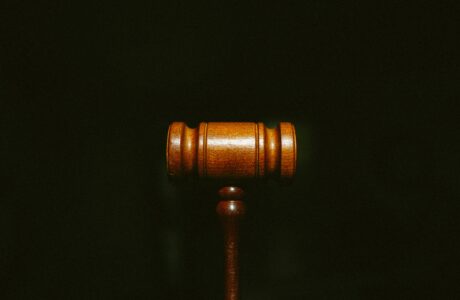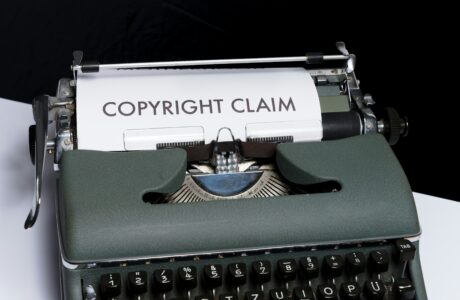Intellectual Property mistakes can be costly. Many businesses unknowingly expose themselves to legal battles, lost revenue, and reputational damage by neglecting or mismanaging their...
Protecting your intellectual assets doesn’t end with registration. Infringement—whether deliberate or accidental—can erode brand value, undercut profits, and mislead consumers. When this happens, IP litigation becomes necessary.
What is IP Litigation?
IP litigation refers to legal proceedings undertaken to enforce or defend IP rights. This includes:
-
Trademark infringement suits
-
Patent violation cases
-
Copyright disputes
-
Trade secret misappropriation
When Should You Consider Litigation?
-
You discover a competitor using your patented process or product.
-
A rival is selling counterfeit goods with your brand name.
-
Your copyrighted content (music, code, video) is being redistributed without permission.
-
A former employee is using confidential formulas or data unlawfully.
Steps in the IP Litigation Process
-
Assessment & Evidence Gathering – Legal counsel evaluates if a case exists and collects proof of infringement.
-
Cease and Desist Letter – Often the first step before formal litigation. Many cases resolve here.
-
Filing a Lawsuit – Initiated in court if informal resolutions fail.
-
Court Proceedings – Include evidence submission, arguments, and examination of intent and impact.
-
Judgment or Settlement – May involve injunctions, damages, or licensing agreements.
Alternative Dispute Resolution (ADR)
Not all IP disputes need to go to court. Mediation or arbitration can save time and costs while still securing favorable outcomes.
Conclusion
Litigation is a powerful tool but one that should be used strategically. Our firm supports clients through the entire enforcement process, from risk assessment to court representation, ensuring their rights are vigorously protected.



